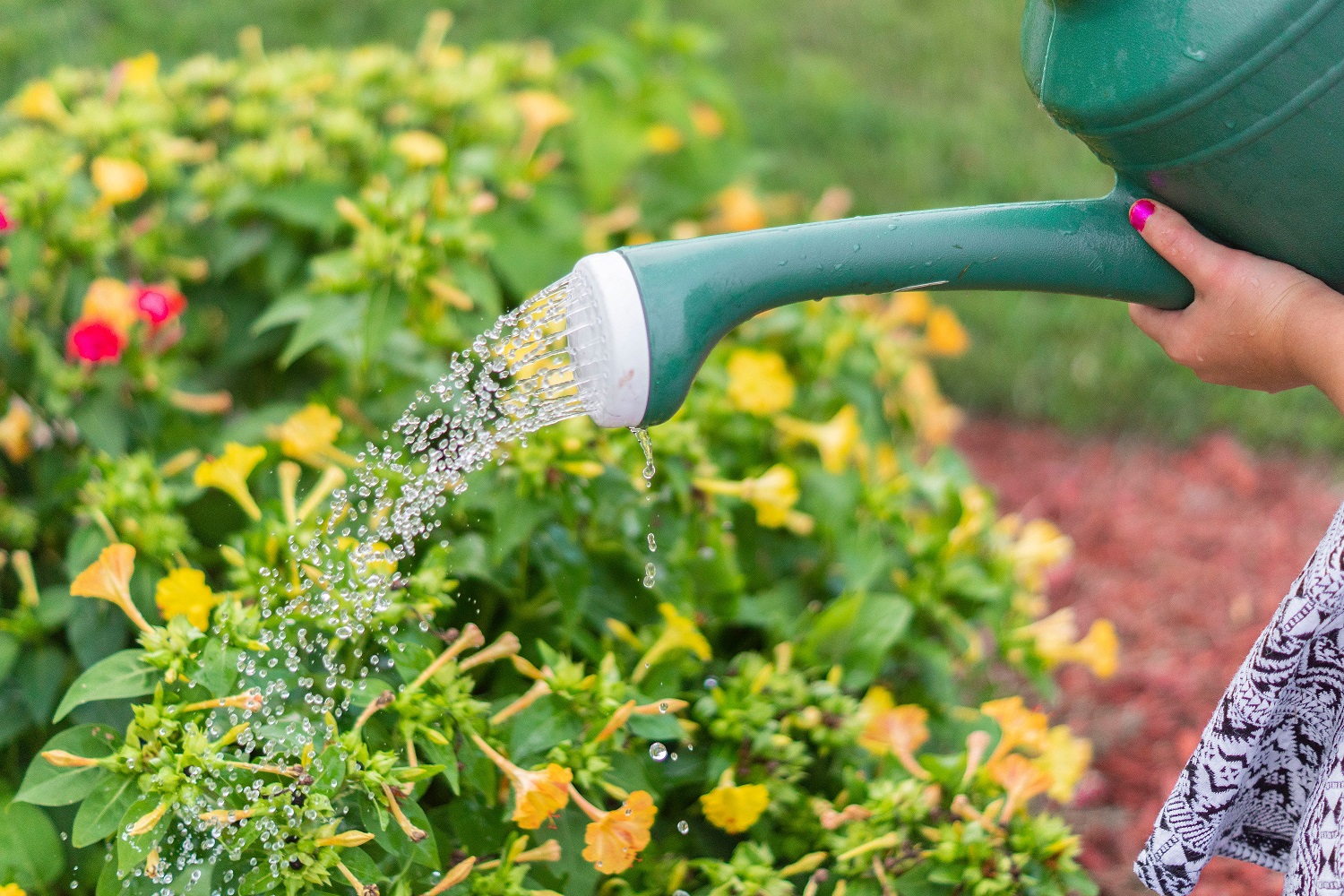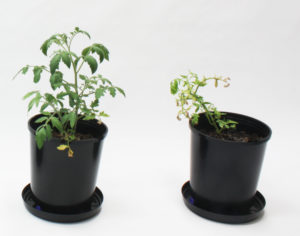
Spring is here and gardeners around the country will be bringing out the fertiliser. Depending on the product, manufacturers recommend their use from weekly to every few months, but how much actually makes it into your plants? Some estimates suggest less than half of the fertiliser you use will actually be taken up by the plant. This leaves the majority to be washed away when you water your plants. Not only does this mean you’re paying for fertiliser which doesn’t get used, the runoff also contributes to the build up of nutrients in rivers, lakes, and the ocean which can lead to environmental issues such as algal blooms.
Research from the Flinders Institute for Nanoscale Science and Technology has developed a new type of slow-release fertiliser that results in better plant health and less wasted nutrients. The fertiliser is encapsulated in a renewable polymer made from canola oil, an abundant waste food product, and sulfur, a byproduct of the petroleum industry.
“We are taking recycled cooking oil, converting it into a fertiliser component, and using it to grow more food” says Dr Justin Chalker, who leads the research team working on this project. “It is an important way to contribute to a circular economy”
The invention builds on the team’s work using other polymers made from canola oil and sulfur. Previous studies have used similar polymers for removing mercury contamination, and cleaning up oil spills.

In tests conducted on tomato plants, researchers found the nutrients embedded in the polymer were released in a controlled fashion, resulting in less wasted fertiliser and better health for the plants. The findings from Dr Chalker’s team have been published in a special New Talent issue of the Journal Organic and Biomolecular Chemistry, which features Dr Chalker among selected leading young researchers from around the world. Next steps will look at the long-term behaviour of the canola oil polymer in soils, and larger greenhouse studies of the fertiliser.

